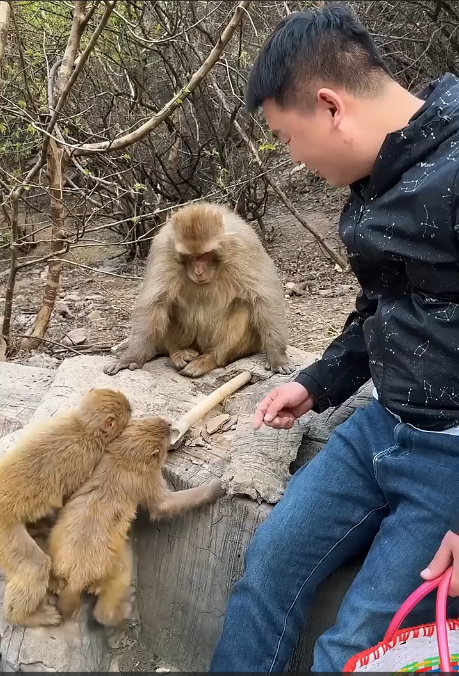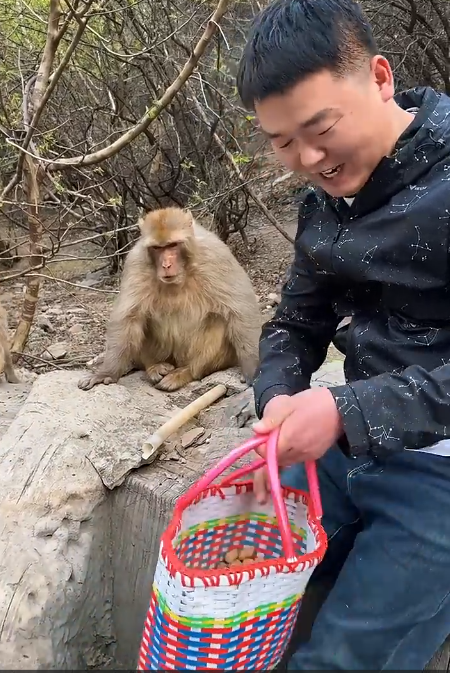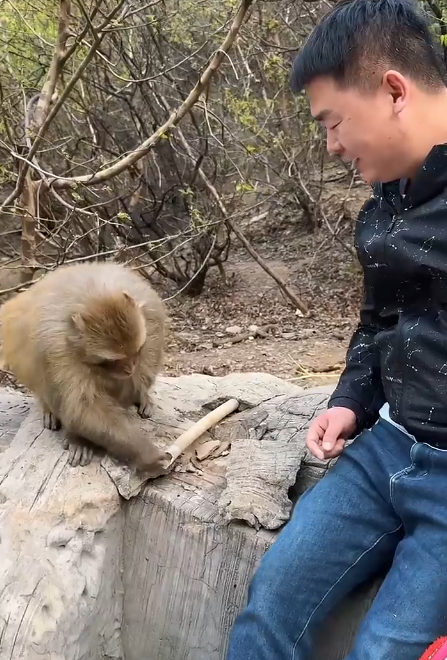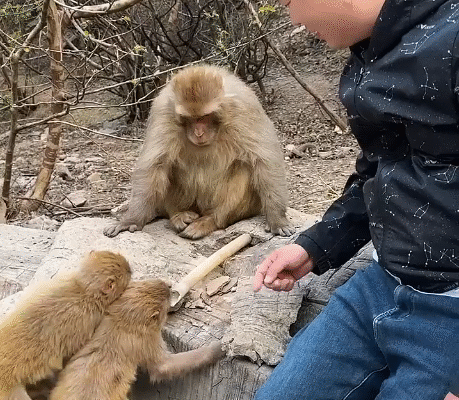
The words had barely left my mouth, but they hung in the air like an accusation. Are you sure I’m lying to him? The question felt heavier than it should, almost suffocating, because deep down, I wasn’t entirely sure of the answer myself. I had intended honesty, but circumstances had shifted in ways I hadn’t anticipated, and suddenly the truth seemed like a luxury I couldn’t afford.
It all began weeks ago, when I realized the weight of what I knew. He had always trusted me implicitly, confided in me without hesitation, and leaned on my judgment in moments of doubt. That trust was a fragile thing, delicate as glass, and I feared that revealing everything might shatter it completely. Yet keeping secrets came at a cost. I could feel it gnawing at me in quiet moments: the way my chest tightened, the way my mind spun endlessly over possibilities, consequences, and outcomes.
The Dilemma
I remembered the night clearly. We were sitting across from each other at the small café we frequented, the one with soft amber lights and the faint smell of roasted coffee beans lingering in the air. He had laughed at something trivial, a joke about a neighbor’s cat, and for a moment, everything seemed simple again.
But simplicity was an illusion. My phone had buzzed earlier with a message I wasn’t ready for him to see. A secret, delicate and potentially devastating, lay hidden in my inbox. I had promised myself I’d handle it carefully, but the decision was no longer mine alone.
When he looked at me, expectant, eyes warm and trusting, I felt the weight of the lie press down. And in that instant, a simple “I don’t know” wouldn’t suffice. So, I chose words that were half-truths, carefully framed to minimize damage while shielding the full story.
The Guilt
The guilt hit immediately. The moment I left the café, my mind replayed every detail, every nuance of what I had said. Did I give him enough to understand? Had I left him feeling betrayed even without realizing it?
I couldn’t escape the sensation that I had failed him, that my half-truths were a betrayal in themselves. Every interaction afterward carried the subtle tension of unspoken words. A glance seemed to hold suspicion, a casual comment felt loaded with hidden meanings. And I couldn’t stop asking myself: Am I lying to him?
The Confrontation

It wasn’t long before he noticed. He was perceptive, always had been. He asked questions — small, seemingly innocent ones — that revealed his doubt. Each question felt like a test, probing for inconsistencies, and I stumbled under the weight of my own hesitation.
“Are you hiding something?” he asked one evening, voice low and steady.
My throat tightened. I wanted to say no, to reassure him, but my conscience wouldn’t allow it. Instead, I said something vague, neutral, hoping to deflect without outright lying. But even as the words left my mouth, I knew he sensed the truth. His eyes searched mine, looking for something, anything, that would confirm his suspicion.
It was in that moment I realized that lying wasn’t just about words. It was about intention, about withholding, about the subtle ways we manipulate truth to protect ourselves. And I had done all of those things, even if I hadn’t spoken an outright falsehood.
The Self-Reflection
That night, I sat alone, replaying every conversation, every gesture, every word. Was I lying? By definition, perhaps not entirely. But by essence, yes. I was shaping the truth, bending it to preserve comfort and avoid confrontation.
I thought about why I had done it. Fear, mostly. Fear of his disappointment, fear of the consequences, fear of losing the connection we had built over time. Yet I also realized something crucial: trust is not given once and then permanent. It must be maintained through transparency, even when the truth is difficult, even when it hurts.
The realization was painful. I had underestimated the power of honesty, thinking that selective revelation could protect both of us. But the heart, I now understood, senses deception more acutely than logic ever could.
The Decision
I knew I had to confront it. Not in haste, not in a moment of anger or frustration, but with intention and clarity. Waiting any longer would only deepen the rift, and the weight of unspoken words was becoming unbearable.
The next day, I found him in the park where we often walked, surrounded by the gentle rustle of leaves and the distant laughter of children playing. He looked up as I approached, a subtle curiosity in his eyes.
“I need to tell you something,” I began, voice steady but soft.
He nodded, silent, letting me continue. The silence around us amplified the gravity of the moment. I explained everything, carefully choosing words that conveyed the truth without unnecessary embellishment. I admitted my hesitation, my fear, and my own imperfections. I confessed that in trying to protect him, I had compromised the very trust I valued most.
The Reaction

His reaction was not immediate. He listened quietly, letting the words sink in. There was a flicker of hurt in his eyes, a shadow of doubt, but also something else — patience. Something I hadn’t fully expected.
When he finally spoke, his voice was measured. “I wish you had trusted me with the whole truth from the start. But… I understand why you hesitated.”
Those words, simple yet profound, were both a relief and a reminder. Relief because he wasn’t angry, because he hadn’t rejected me. A reminder because the work to rebuild trust was only beginning.
The Aftermath
In the days that followed, our conversations became more open, more deliberate. I made a conscious effort to be transparent, to share even when it was uncomfortable. The initial tension gradually eased, replaced by a cautious optimism that honesty had restored, in part, what fear had threatened to erode.
We laughed more freely, talked more openly, and navigated our interactions with a newfound respect for the delicate balance between trust and vulnerability. I realized that telling the truth isn’t always easy, but it is essential for connection, for intimacy, and for the integrity of any relationship.
Reflection
Looking back, I understood that my question — Are you sure I’m lying to him? — wasn’t just about deception in the conventional sense. It was about intention, fear, and the subtle ways we compromise ourselves to avoid conflict. Lying isn’t always about outright falsehoods; it’s often about what we choose to withhold, what we shade in half-truths, and what we frame to protect ourselves.
The experience taught me that honesty requires courage, patience, and a willingness to face discomfort. It reminded me that trust is fragile, yes, but resilient when nurtured with openness. And perhaps most importantly, it showed me that the act of admitting our own mistakes — acknowledging fear, hesitation, and imperfection — can be the first step toward deeper connection.
Conclusion
So, am I lying to him? In the past, yes, in the moments of hesitation and half-truths. But now, having confronted it, having chosen transparency over avoidance, the answer is no. The journey from doubt to honesty is not always smooth, but it is necessary.
Relationships, like trust itself, are built in small moments — the courage to admit fear, the willingness to share vulnerability, and the decision to embrace truth even when it is uncomfortable. My question may have been the start, but action was what defined the answer.
And in that quiet understanding, I found a deeper sense of connection — one rooted not in perfection, but in honesty, intention, and the courage to face the truth together.



